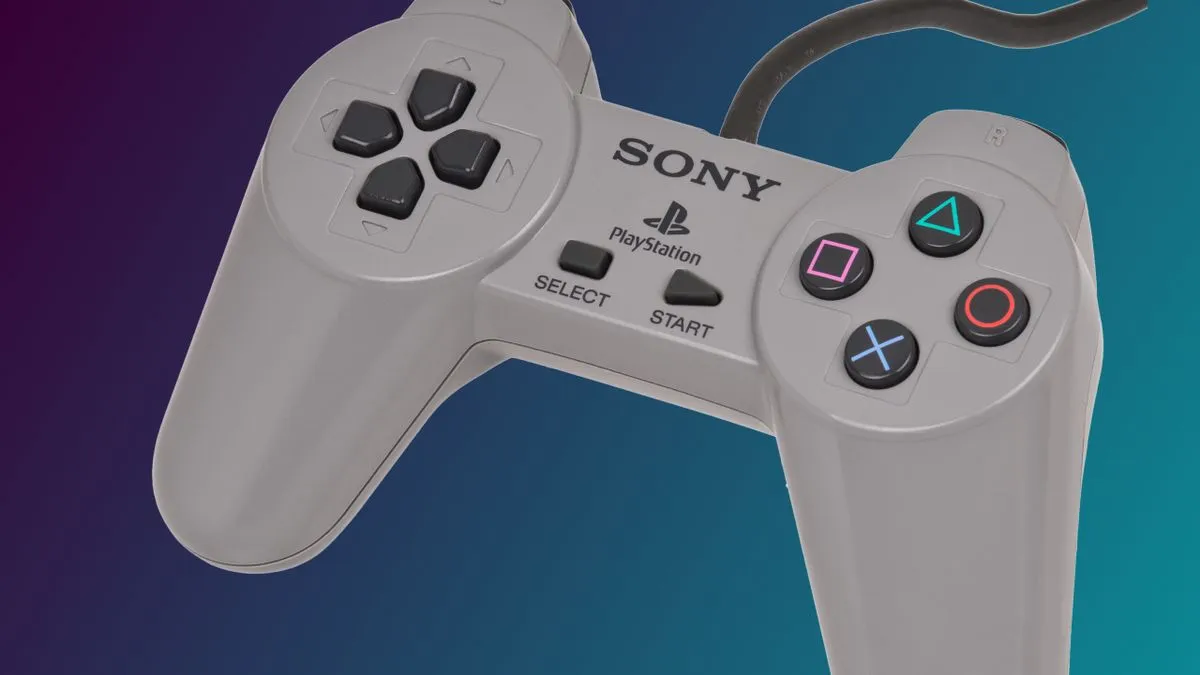- cross-posted to:
- [email protected]
- cross-posted to:
- [email protected]
I mean, Nintendo believed in them, until that failed.
That was because Nintendo went behind Sonys back on the deal. They were trying to eat both pies.
But also because Sony was trying to claim a bigger slice of the pie from CD game sales. It’s both companies being shitty.
Sony came up with the idea of the disc drive, it only made sense them wanting more profit from the part they designed. It was just a disgusting move by Nintendo to go behind their backs and close a deal with another company, while not telling Sony.
Ken Kutaragi securing an inroad with Nintendo, by going behind his own company’s back to negotiate the SNES’s sound chip, was clever risk-taking.
Sony as a corporate entity writing the SNES-CD “Play Station” deal ambiguously, so they could license games without Nintendo’s approval, was greed that borders on fraud.
Nintendo informing Sony they’d cancelled that deal and partnered with Philips, at the Consumer Electronics Show, after Sony’s SNES-CD presentation, was straight-up dramatic bitch behavior.
Ken dragging the project into a full platform out of pride and spite is honestly just impressive.
Given the contemporary examples, they weren’t wrong to think so. Everyone was trying to make a console in the 16/32-bit era.
- PC Engine/Turbografx
- Phillips CD-i (only sorta a console)
- Atari Jaguar
- Neo Geo
- Amiga CD
Some of these are better than others–I’m fond of the PC Engine–but none can be called successful. Neo Geo is somewhat of an exception because it was used as arcade hardware. Some others here are the butt of jokes. There’s also a bunch of Japanese consoles around this time that go nowhere, and are little more than fodder for retro gaming YouTube channels.
Sony took a big gamble and won.
Sega Saturn and Dreamcast also probably factored in. They weren’t nearly as successful as the Genesis. With even established brands floundering it’s no wonder people didn’t think the Playstation would work.
Not really. Just Sega CD. The PlayStation and the Saturn both came out in 1994 so they were directly competing with each other. The Dreamcast didn’t come out until 1998, after the PlayStation was already successful.
Ah, yup. You are correct. For some reason I thought they came before.
Feels like they want it to fail sometimes
They’re no Microsoft …
I don’t think that’s true with how much support they give to their first party titles. I mean, their console exclusives are top-tier.
Gamers did too… Sony’s track record prior to the PS1 wasn’t great:
https://www.gamesdatabase.org/list.aspx?publisher=sony_computer_entertainment&system=sega_cd
Hard to blame them for thinking that at the time. CD-based consoles had a very rough start in that era, but the PS1 was probably the first actual hardware success that used the CD exclusively as it’s medium. Nintendo had pushed cartridges to their absolute limit with the technology they had, so it was only a matter of time before someone ended up succeeding where others failed.
As a kid, by the time I started hearing about the system via video game magazines, which were kind of like miniature websites but printed on paper and then distributed via mail and stores, I was convinced it would be the next big thing. By the time it was launched, I knew it was going to be the new top dog in the industry. When I finally got my hands on one, it was (pardon the pun) game changing for me.
The system definitely had its flaws, but it was an evolutionary step up and order of magnitude bigger than anything I’d ever experienced before.
And go figure, it was the last system I owned before I stepped away from the gaming hobby for nearly 2 decades. Life, uh, got in the way.
Easy to forget both Sony and Microsoft had nothing to do with gaming previously. Even MS had terrible inroads in spite of games for PC being written in DirectX.
I felt like Amazon and Google had pretty good chances. It was only due to terrible direction both managed to screw it up.







